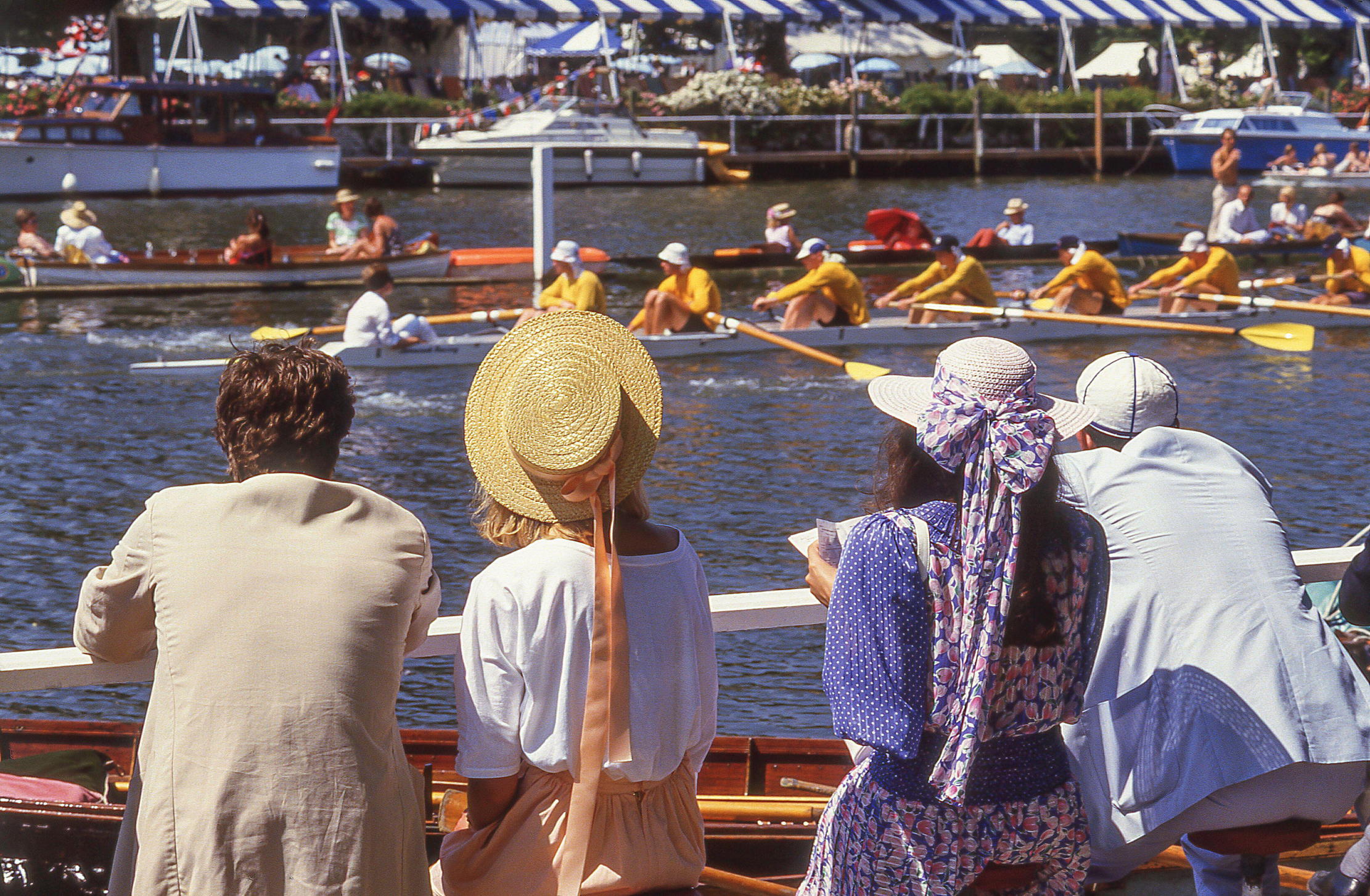Carla Carlisle on Lincoln and Darwin
The coincidences of the births of Lincoln and Darwin on the same day deserves celebration, says Carla as she flies back from the States


Athough almost everything about air travel has got worse, the books have improved. Airport bookshops now rival Tie Racks and offer a selection nearly as good as the ground floor of Hatchards. As one who regards the claims of duty free on bottles of whisky and Chanel No. 5 to be a ruse, I welcome these bookshops, although I never browse without thinking of John Kenneth Galbraith’s The Great Crash.
His account of the financial insanity of 1929, now a classic, was slow to start when first published in 1955. One evening, when he was flying back to Boston from the old La Guardia terminal, the writer had a look in the little bookshop. No sign of his book. With some embarrassment, he told the manager he was looking for a new book: ‘I forget the name of the author maybe Galbraith but I think it’s called The Great Crash.’ She replied: ‘That’s certainly not a title you could sell in an airport.’
Indeed, in bookshops in American airports spiritual comfort far outshines fiction. Flying back to London days after the dramatic landing of the plane on the Hudson River, I scanned those shelves myself, until I saw a new book by a writer I love Adam Gopnik called Angels and Ages: A Short Book about Darwin, Lincoln and Modern Life.
A timely title. Barack Obama had just sworn his sacred oath on the same Bible used by Lincoln, honouring the man who most inspires him; and Darwin is on every magazine cover, celebrating the 200th anniversary of his birth. All the same, connecting the two men in a ‘short book’ on modern life seemed a publishing trick too far.
Or not. On a memorable day in human history February 12, 1809 two babies were born an ocean apart: Abraham Lincoln in a log cabin in Kentucky, Charles Darwin in Mount House in Shrewsbury. It was a time when authoritarianism and its offspring, slavery, marched alongside the biblical account of the creation of the world. Two men would challenge these ideas, and Mr Gopnik’s short book portrays them as the midwives to the spirit of a new world, the icons of Emancipation and Evolution.
In fact, the idea of connecting the two men as the two pillars of the society we live in, one representing liberal democracy, the other the human sciences, is not new. On the eve of the 100th anniversary of their shared birth, in 1908, the writer William Thayer proposed an international holiday to commemorate the two heroes, ‘Lincoln, the embodiment of Anglo-Saxon devotion to Justice, and Darwin, the incarnation of Anglo-Saxon devotion to Truth.’
I began the book on the flight back to London, memories of Lincoln’s well-worn red Bible still vivid. Then I watched David Attenborough’s moving homage to Charles Darwin in which he explained how the discoveries of the past 150 years have confirmed the fundamental truth of Darwin’s work that all life is related and humans don’t have dominion over the natural world. In a moving last scene, the marble statue of Darwin that has been in the wings of the Natural History Museum was moved to its centre at the top of the stairs, replacing the museum’s Creationist founder.
Sign up for the Country Life Newsletter
Exquisite houses, the beauty of Nature, and how to get the most from your life, straight to your inbox.
I grew up in a world where Lincoln and Darwin felt like contemporaries. My grandmother was so threatened by my grandfather’s Darwin library that, after his death, she burned all the books. The same grandfather also admired Lincoln, and here in my study, I have his small Gothic-framed, sepia-coloured photograph of the president with his young son.
But in the 1960s, the two visionaries credited with dismantling the dogmas of their age were Freud and Marx. Neither have aged well, but 200 years on, Lincoln and Darwin have endured. I think the time has come to revisit the idea of an Anglo-Saxon bi-national holiday.
Country Life is unlike any other magazine: the only glossy weekly on the newsstand and the only magazine that has been guest-edited by HRH The King not once, but twice. It is a celebration of modern rural life and all its diverse joys and pleasures — that was first published in Queen Victoria's Diamond Jubilee year. Our eclectic mixture of witty and informative content — from the most up-to-date property news and commentary and a coveted glimpse inside some of the UK's best houses and gardens, to gardening, the arts and interior design, written by experts in their field — still cannot be found in print or online, anywhere else.
-
 380 acres and 90 bedrooms on the £25m private island being sold by one of Britain's top music producers
380 acres and 90 bedrooms on the £25m private island being sold by one of Britain's top music producersStormzy, Rihanna and the Rolling Stones are just a part of the story at Osea Island, a dot on the map in the seas off Essex.
By Lotte Brundle
-
 'A delicious chance to step back in time and bask in the best of Britain': An insider's guide to The Season
'A delicious chance to step back in time and bask in the best of Britain': An insider's guide to The SeasonHere's how to navigate this summer's top events in style, from those who know best.
By Madeleine Silver